Dell PowerEdge T620 review
Dell’s first E5-2600 Xeon pedestal server has versatility high on its agenda. The PowerEdge T620 also has a monstrous expansion capacity with the ability to support up to 32 SFF drive bays.
If it‘s storage potential you’re after then the PowerEdge T620 won’t disappoint as it offers up to 768GB capacity. It’s highly suited to a broad range of SMB and enterprise IT duties including server consolidation and virtualization and its low noise levels will appeal to small offices.

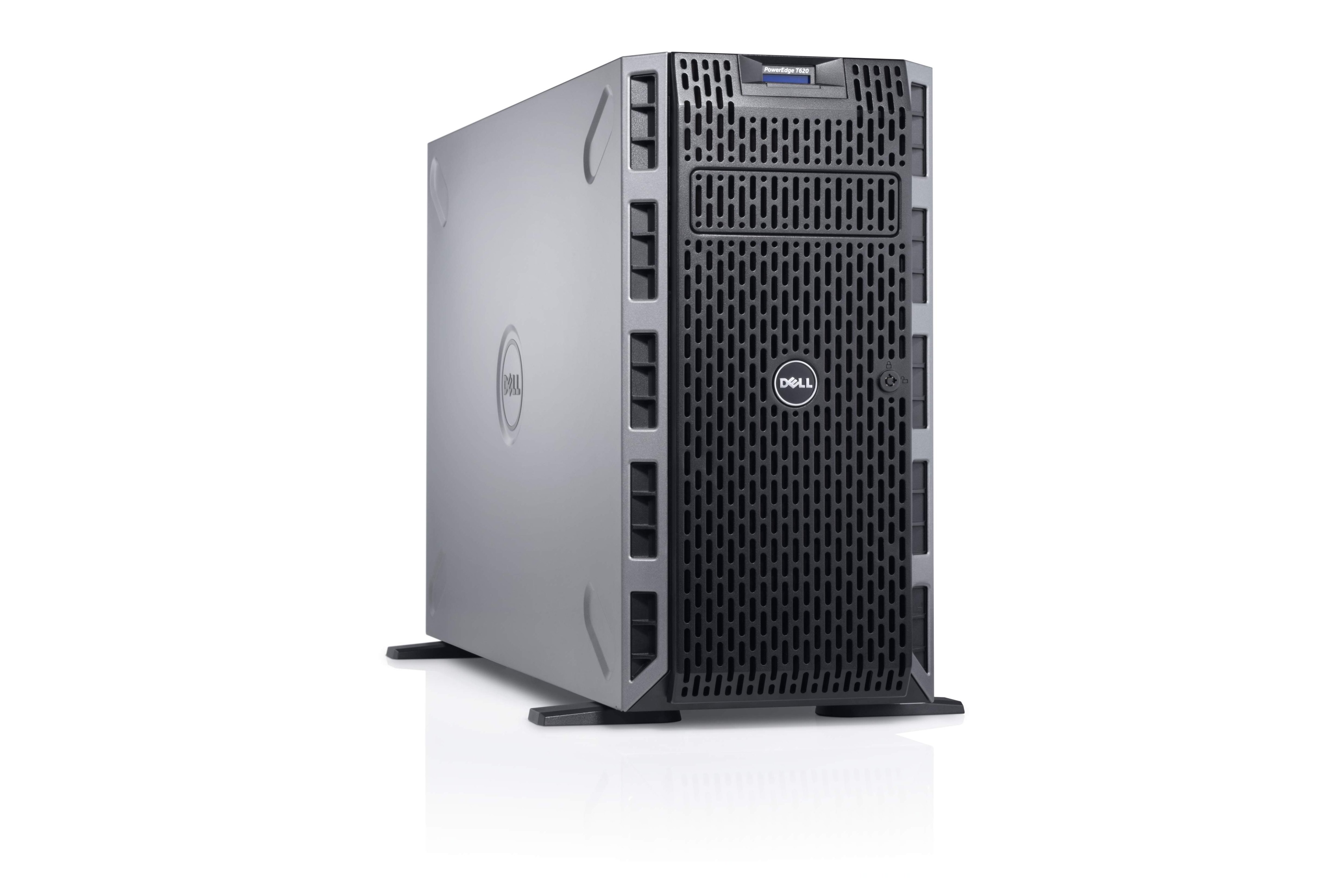
Dell PowerEdge T620 - Front
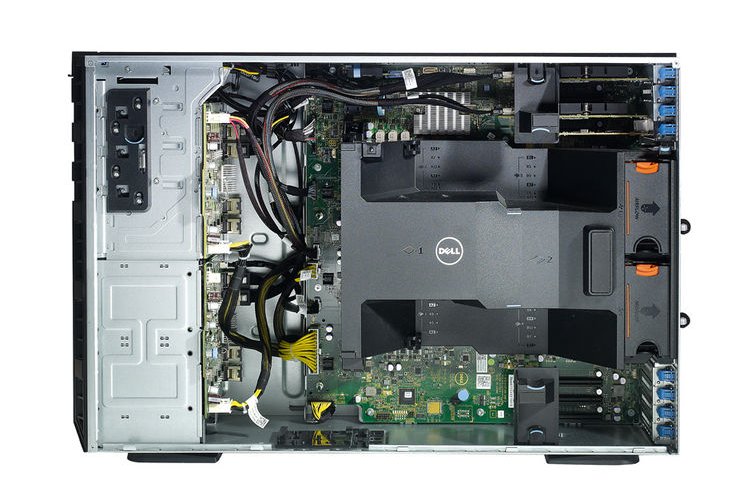
Dell PowerEdge T620
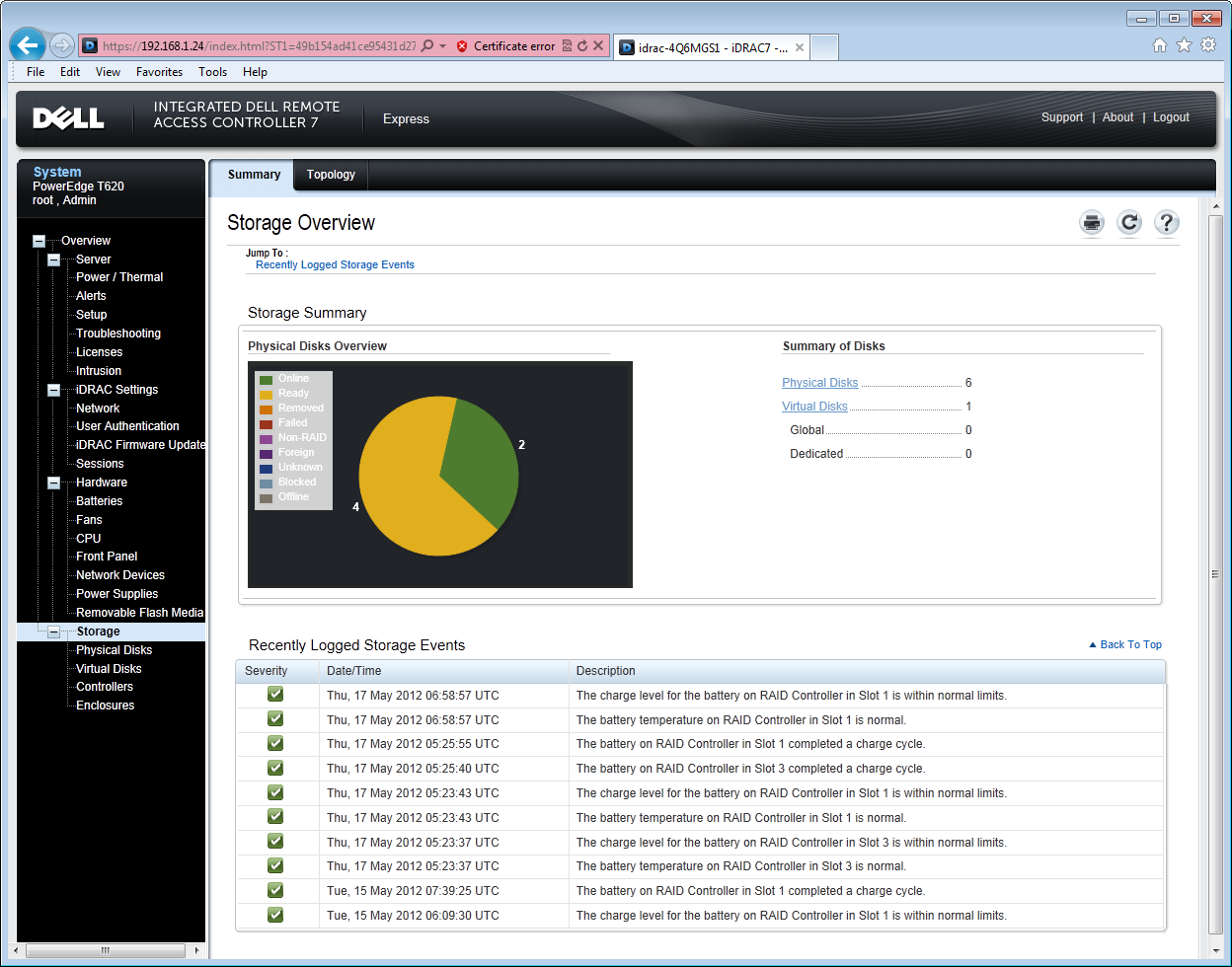
Dell PowerEdge T620 - 3
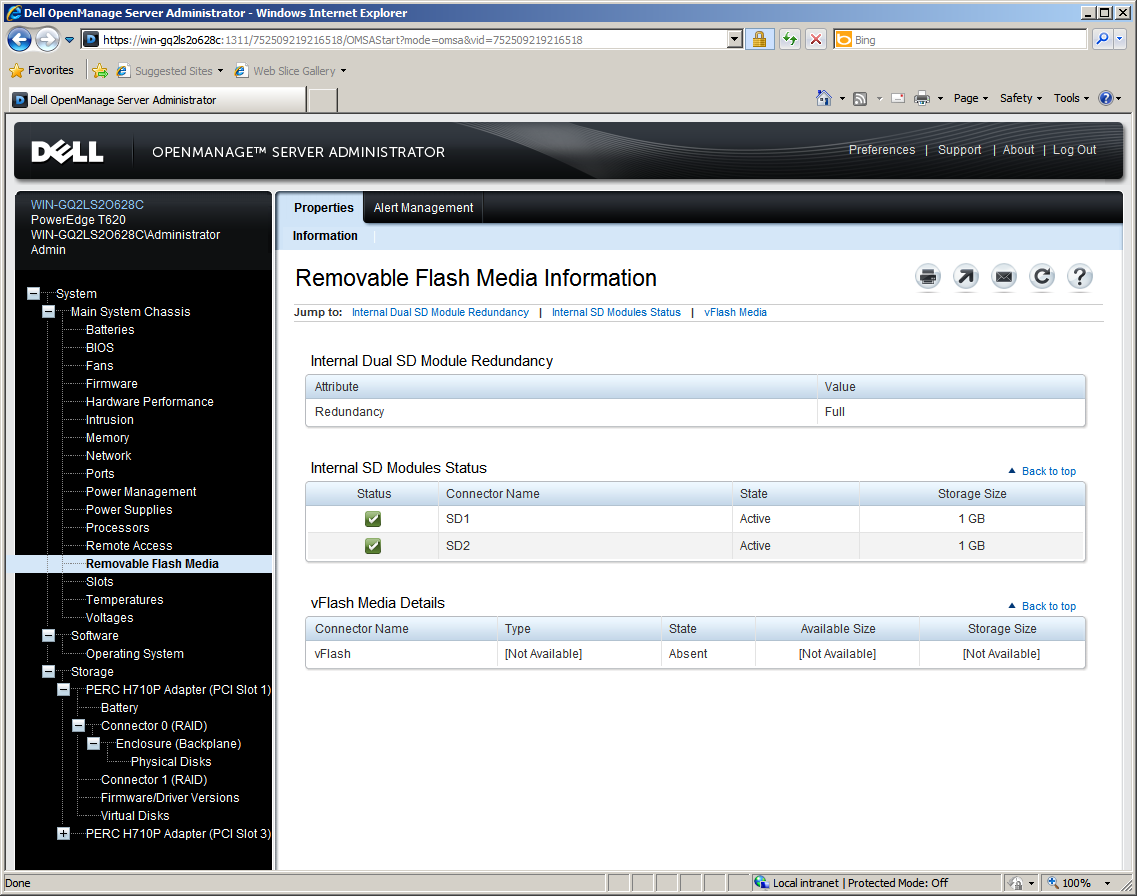
Dell PowerEdge T620 - 2
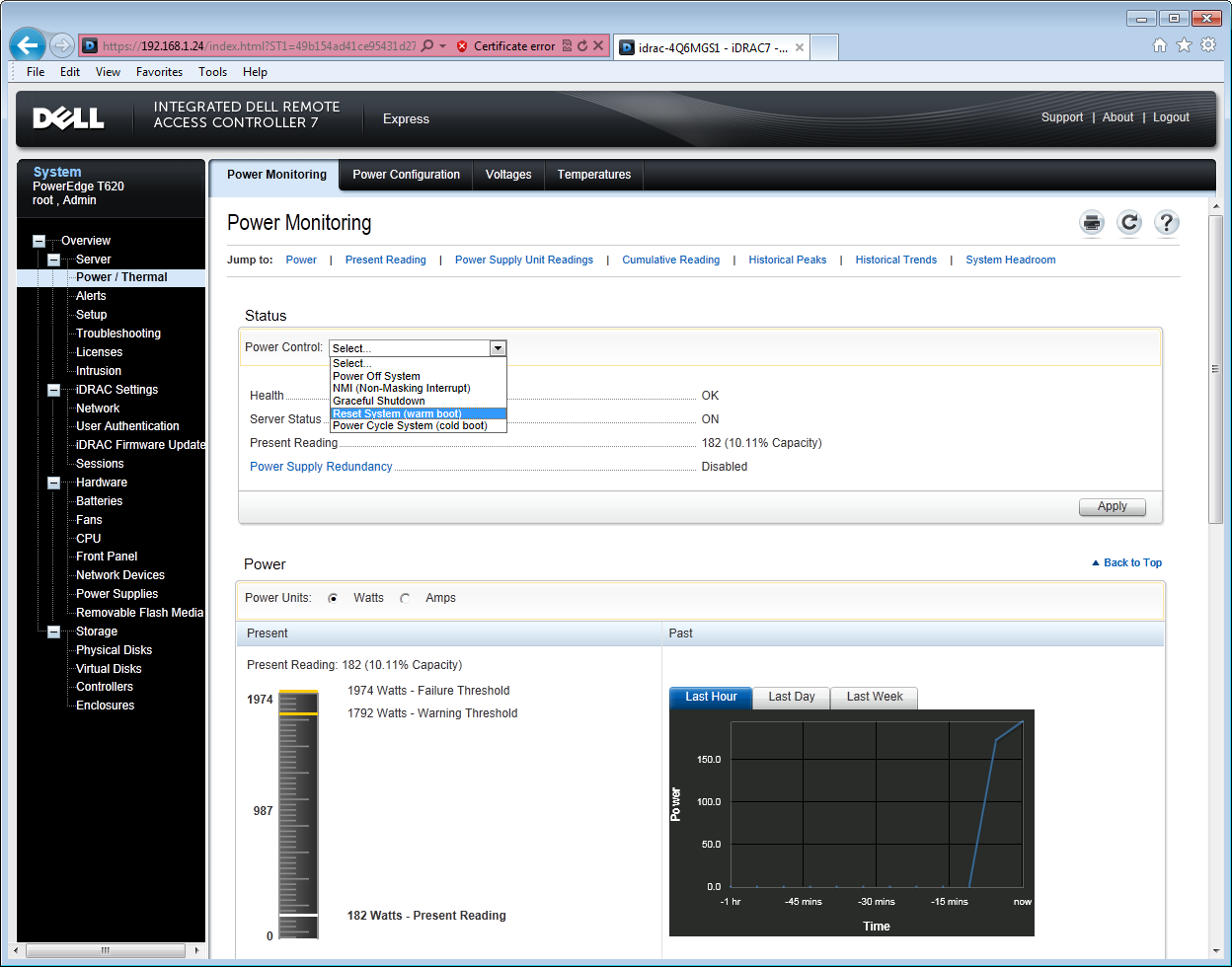
Dell PowerEdge T620 - 1
Dell's floor stander wants to cover as many bases as possible as it's aimed at SMBs looking for high expansion along with larger businesses planning server consolidation and virtualisation projects.
It can be set up for a range of duties including server and desktop virtualisation, medical imaging and users can deploy it remotely or on-premise. Educational establishments and schools have an affinity for tower servers so they're also on Dell's agenda tool.
This mighty chassis stands at 45cms high and Dell has put its height to good use. Storage potential is the standout feature as the T620 can be ordered with 16 or 32 SFF hard disk bays.
Two backplanes service the bays and each has integral SAS expanders so you can have the bays split in half with sixteen drives managed by two separate RAID controllers. Alternatively, all 32 bays can be connected to a single PERC controller for one massive RAID array.

The T620 puts its cavernous interior to good use with plenty of room to expand
RAID options
More storage options are on offer as you can go for twelve 3.5in hot-swap bays instead. As with the PowerEdge R720, Dell also offers a special order chassis with four hot-plug PCI-e Express Flash SSDs. RAID options begin with the embedded PERC S110 which provides software managed RAID0, 1 and 5 arrays for up to four SATA II drives.
The H310 PCI-e card adds support for 6Gb/sec SATA and SAS drives whilst the H710P in the review system brings in RAID-6 and 1GB of NVRAM cache. As the H710P is based on LSI's SAS2208 chip, you also have the option to activate its CacheCade feature which optimises read activity from an SSD based cache.
A small panel above the drive bays presents an LCD display and control keypad for setting the remote management network address along with views of power consumption and temperatures. Next door is an SD card slot for Dell's iDRAC7 Enterprise remote management upgrade.

Dell's new iDRAC7 provides improved power usage monitoring tools
Get the ITPro daily newsletter
Sign up today and you will receive a free copy of our Future Focus 2025 report - the leading guidance on AI, cybersecurity and other IT challenges as per 700+ senior executives
Dave is an IT consultant and freelance journalist specialising in hands-on reviews of computer networking products covering all market sectors from small businesses to enterprises. Founder of Binary Testing Ltd – the UK’s premier independent network testing laboratory - Dave has over 45 years of experience in the IT industry.
Dave has produced many thousands of in-depth business networking product reviews from his lab which have been reproduced globally. Writing for ITPro and its sister title, PC Pro, he covers all areas of business IT infrastructure, including servers, storage, network security, data protection, cloud, infrastructure and services.
-
 ‘Phishing kits are a force multiplier': Cheap cyber crime kits can be bought on the dark web for less than $25 – and experts warn it’s lowering the barrier of entry for amateur hackers
‘Phishing kits are a force multiplier': Cheap cyber crime kits can be bought on the dark web for less than $25 – and experts warn it’s lowering the barrier of entry for amateur hackersNews Research from NordVPN shows phishing kits are now widely available on the dark web and via messaging apps like Telegram, and are often selling for less than $25.
By Emma Woollacott Published
-
 Redis unveils new tools for developers working on AI applications
Redis unveils new tools for developers working on AI applicationsNews Redis has announced new tools aimed at making it easier for AI developers to build applications and optimize large language model (LLM) outputs.
By Ross Kelly Published
-
 Google layoffs continue with "hundreds" cut from Chrome, Android, and Pixel teams
Google layoffs continue with "hundreds" cut from Chrome, Android, and Pixel teamsNews The tech giant's efficiency drive enters a third year with devices teams the latest target
By Bobby Hellard Published